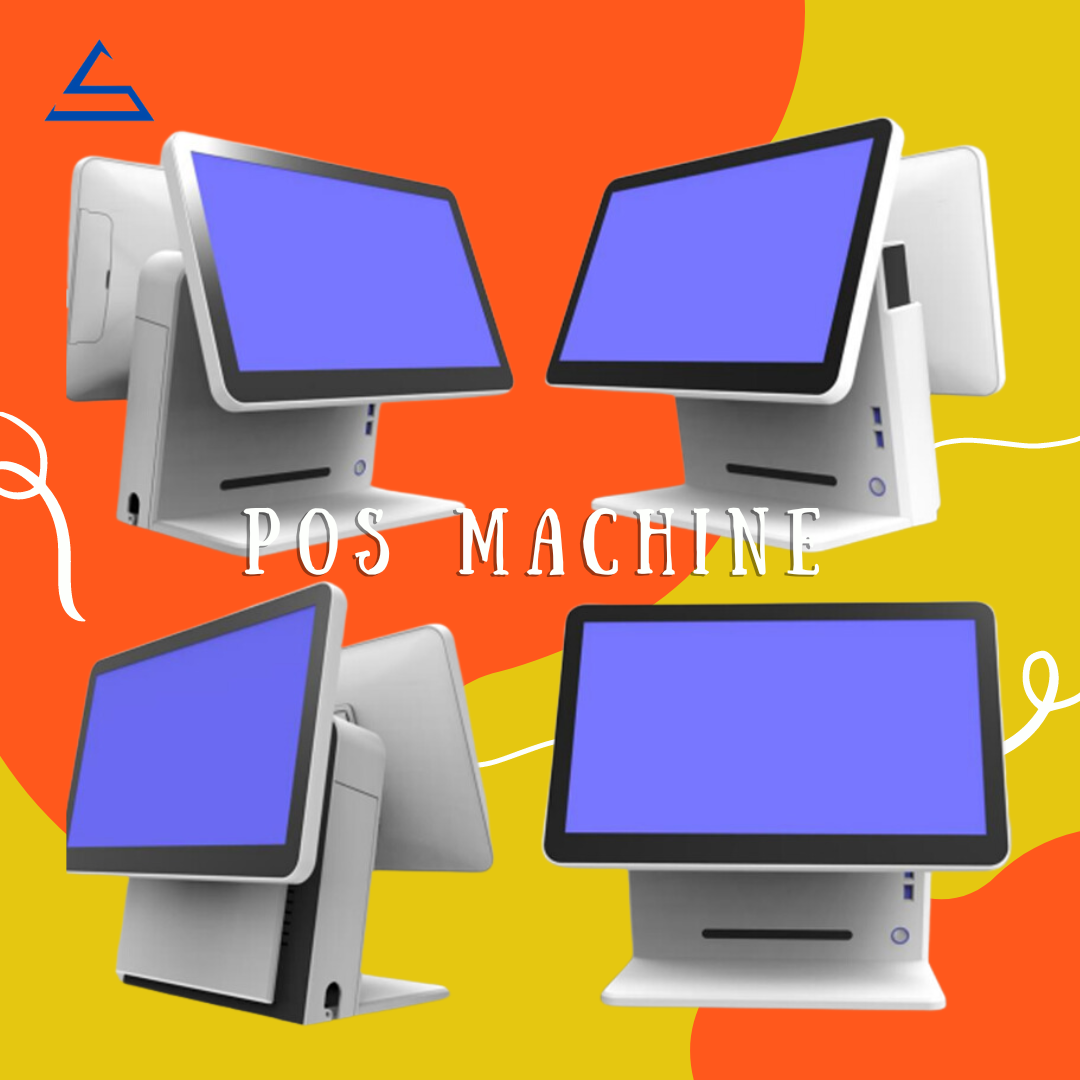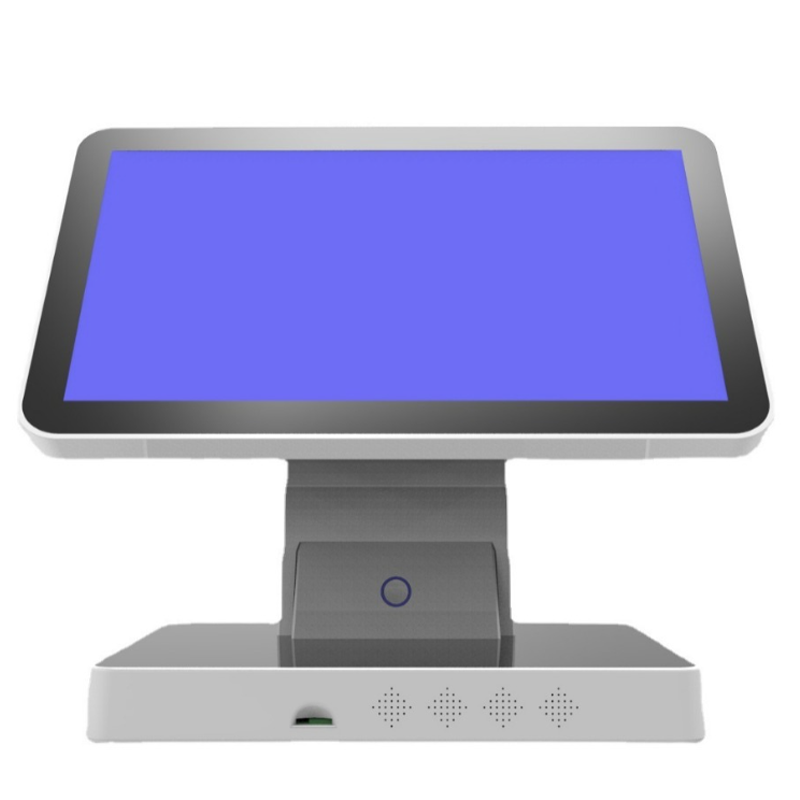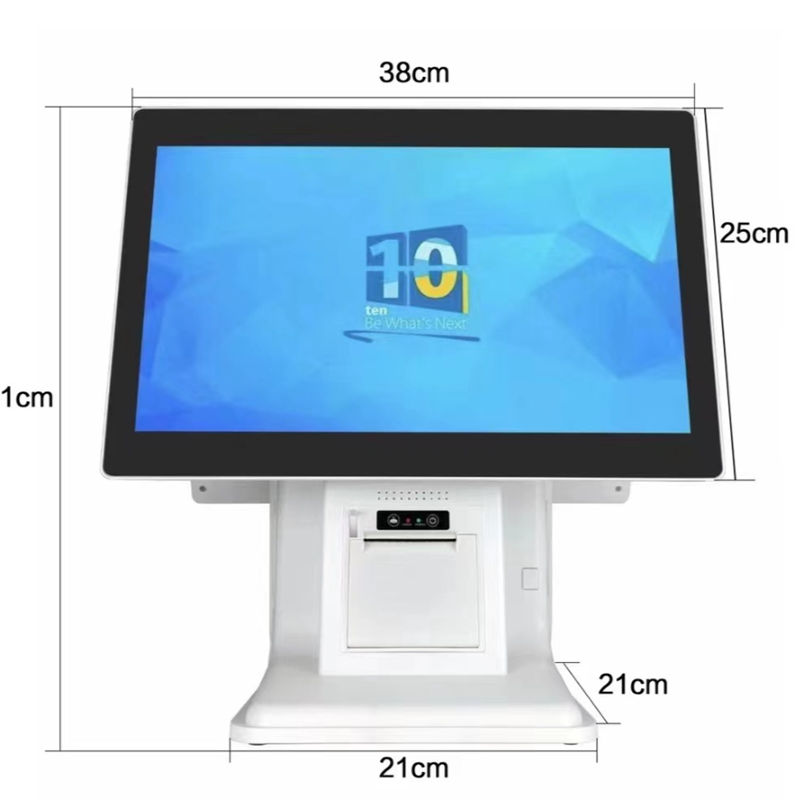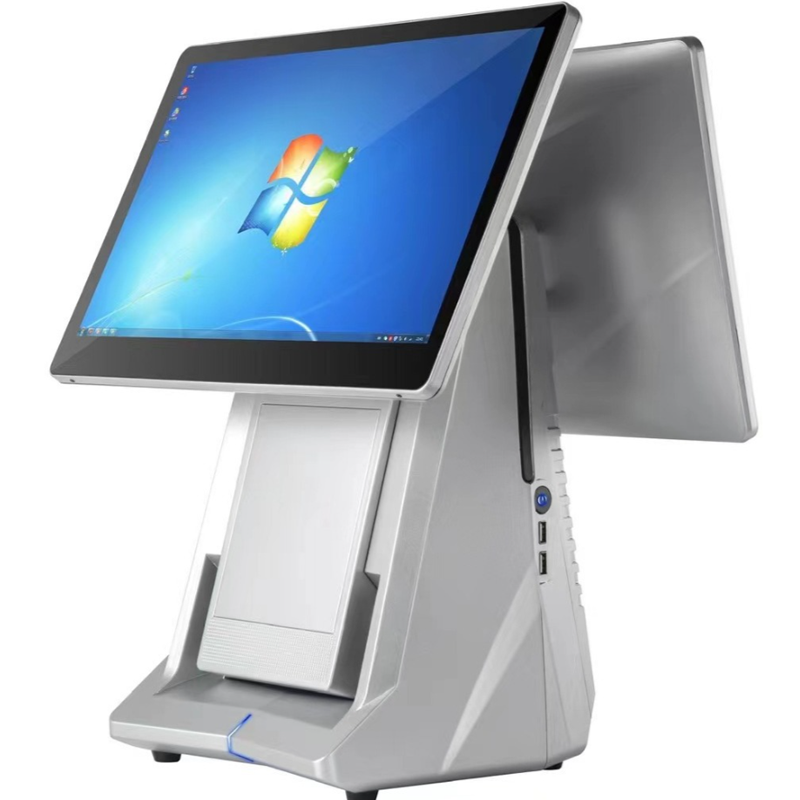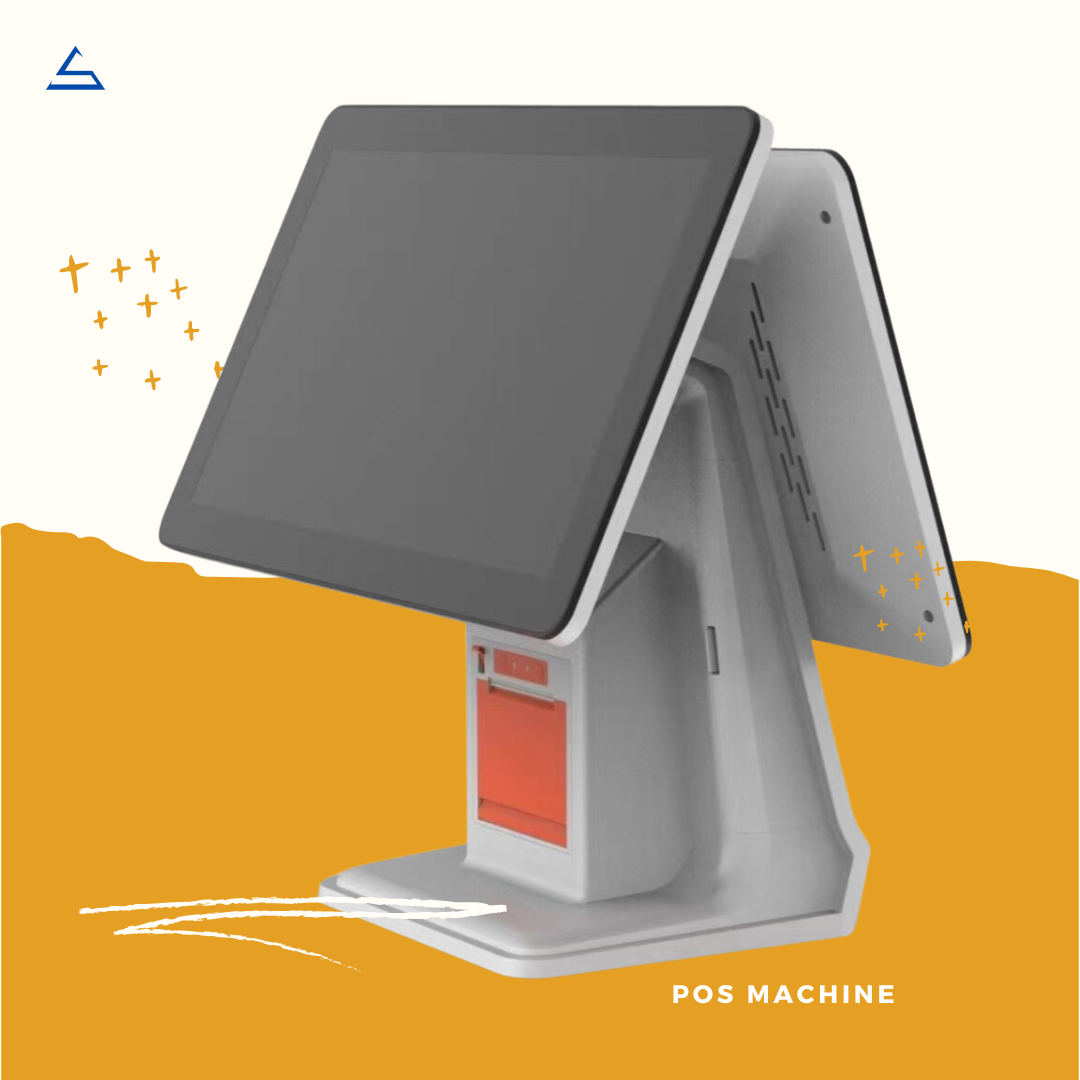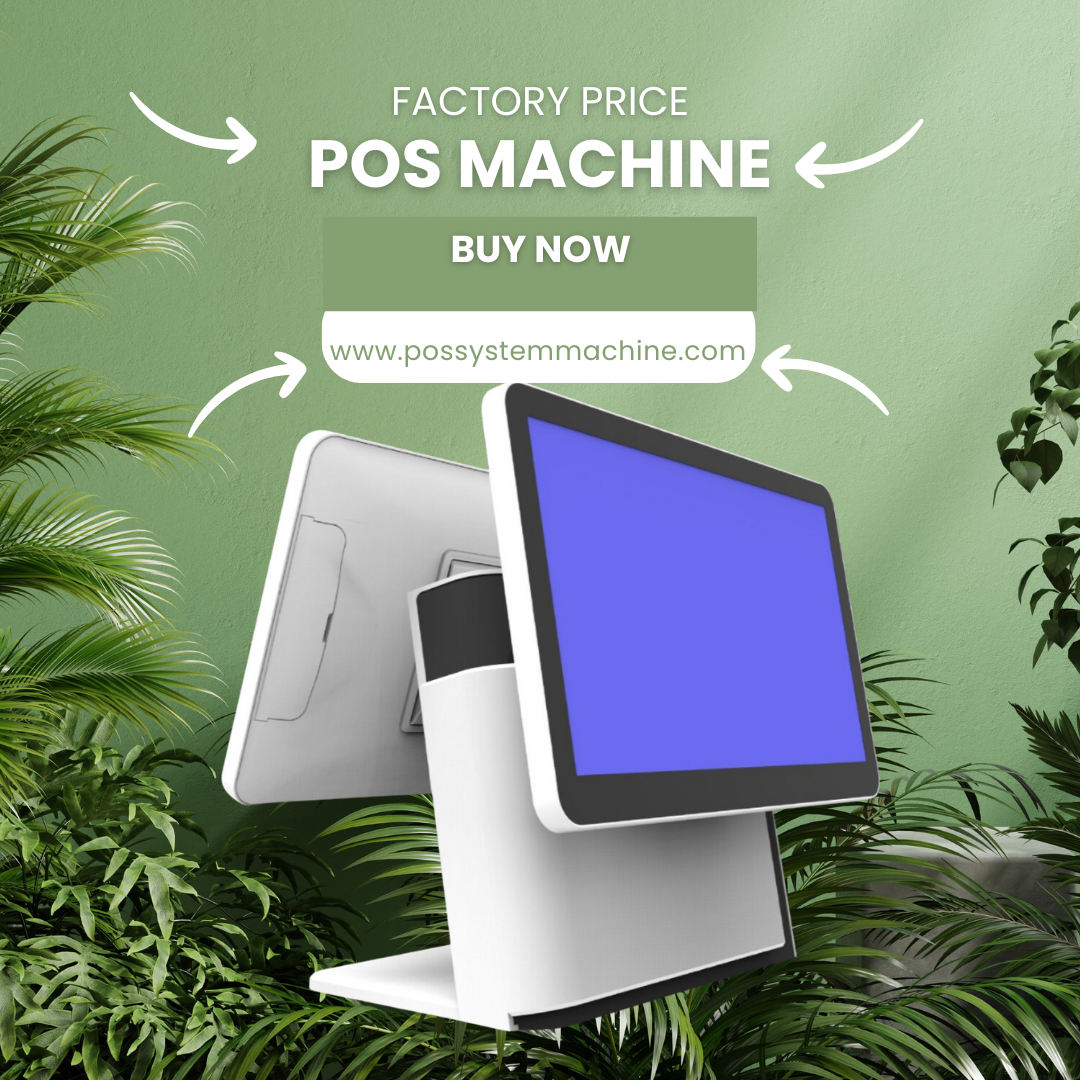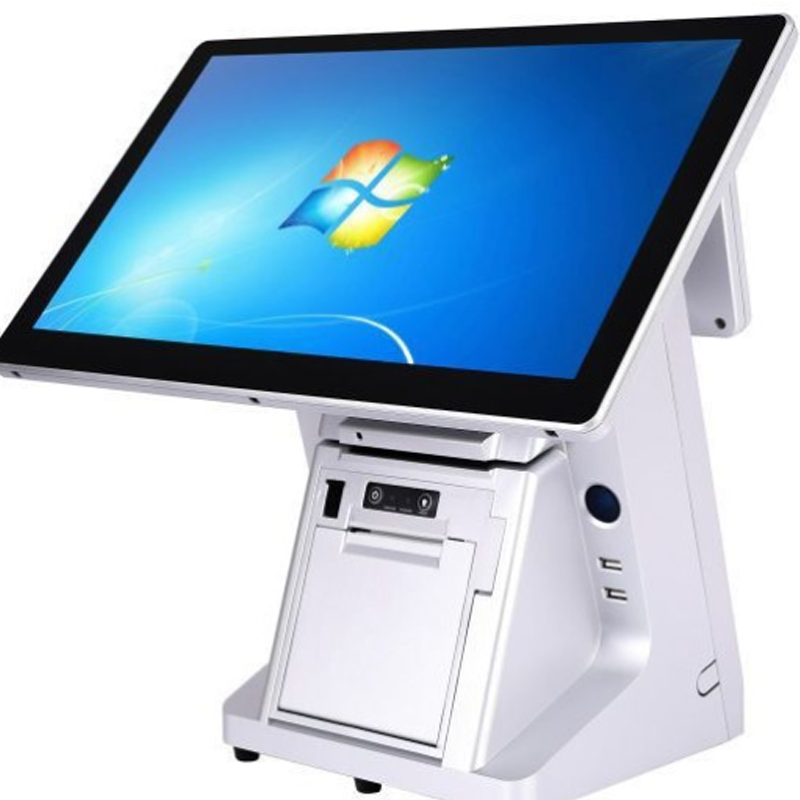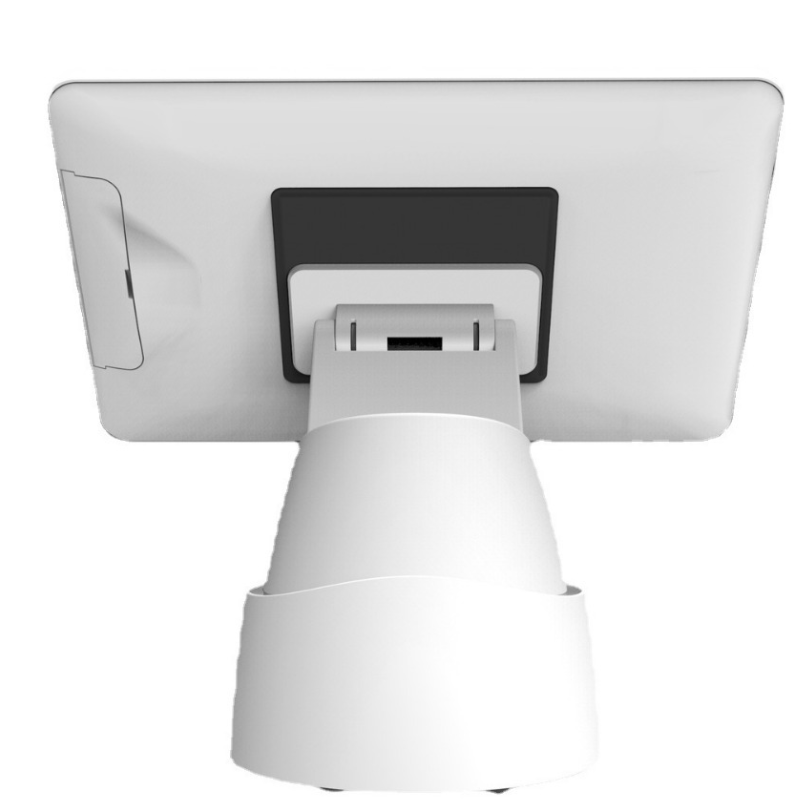What Is a POS System and Why Does It Matter for Your Business?
Зміст
Підсумок
The development of Point of Sale (POS) systems reflects the remarkable progress of technology over the past few decades. From mechanical registers to AI-powered platforms, the changes in POS technology have revolutionized the retail and service industries, offering businesses a multitude of tools to enhance operational efficiency, customer experiences, and data-driven decision-making. This article explores the evolution of POS systems, key features to look for in a modern solution, and the emerging technologies shaping the future of these indispensable business tools.
A Brief History of POS System Evolution
The Advent of Mechanical Registers
In the early days, mechanical cash registers were introduced to process sales transactions in retail stores. These machines were straightforward, focusing on providing accurate calculations and receipts for customers. However, their limitations became apparent as businesses grew, and the need for more advanced transaction capabilities surfaced.
Electronic Cash Registers (ECR)
The 1970s saw a significant leap with the advent of electronic cash registers. By integrating electronic components, these systems improved the speed and accuracy of transactions, while also allowing for basic data storage. ECRs marked the first time businesses could access basic sales reports, although their functionality was still limited compared to the systems that followed.
PC-Based POS Systems
In the 1980s, the combination of personal computers and software led to the emergence of PC-based POS systems. These systems extended functionality to include inventory management, employee tracking, and more comprehensive reporting. Businesses could now customize the software to meet their specific needs, further enhancing operational efficiency.
The Rise of Web-Based POS Systems
The rise of the internet in the late 1990s brought with it web-based POS systems. These platforms allowed businesses to access their POS data from anywhere with an internet connection, facilitating centralized management of multiple locations. With real-time sales and inventory tracking, companies gained valuable insights that enabled them to make data-driven decisions.
Mobile POS (mPOS) Systems
The introduction of smartphones and tablets in the 2000s revolutionized POS technology. Mobile POS (mPOS) systems allowed businesses to accept payments from anywhere within their premises, reducing wait times and improving customer service. With the integration of CRM, loyalty programs, and data analytics, mPOS systems expanded the functionality of traditional POS systems, empowering businesses to provide a more seamless customer experience.
Хмарні POS-системи
Cloud-based POS systems have rapidly gained popularity in recent years. By storing data securely in the cloud, businesses no longer need to rely on on-premise servers. This shift enhances scalability, simplifies system integration, and reduces data loss risks. Cloud-based systems can easily integrate with e-commerce, accounting, and other essential business applications.
AI-Powered POS Systems
Artificial intelligence (AI) is now driving the latest evolution in POS systems. By analyzing sales data, inventory trends, and customer behavior, AI-powered POS systems offer actionable insights, intelligent recommendations, and automated inventory management. These features increase operational efficiency and profitability while enabling businesses to stay ahead in competitive markets.
Key Features of Modern POS Systems
As businesses consider upgrading to modern POS systems, it’s crucial to evaluate the essential features that enhance operational efficiency and improve the customer experience. Below are some critical features to look for:
Зручний інтерфейс
A modern POS system should have an intuitive and user-friendly interface that minimizes training time for employees. A clean layout and straightforward workflows allow staff to operate the system efficiently, reducing transaction errors and improving customer satisfaction.
Кілька варіантів оплати
Supporting diverse payment methods is essential for meeting customer preferences. Look for a POS system that accepts credit cards, debit cards, mobile payments (e.g., Apple Pay, Google Pay), and contactless transactions to enhance convenience and flexibility for customers.
Управління запасами
Robust inventory management is critical for businesses. A modern POS system should track stock levels, automate purchase orders, and provide real-time updates to prevent stockouts or overstocking. This feature can significantly improve supply chain management and customer satisfaction.
Sales Reporting and Analytics
A POS system must provide comprehensive sales reporting and analytics capabilities. This feature empowers business owners with insights into sales trends, customer preferences, and key performance indicators (KPIs), enabling data-driven decisions that drive growth and profitability.
Управління взаємовідносинами з клієнтами (CRM)
A CRM module within the POS system can capture and store customer data, including purchase history and preferences. This allows businesses to create personalized marketing campaigns, loyalty programs, and targeted promotions, fostering customer loyalty and repeat business.
Інтеграція з іншими системами
Ensure that the POS system integrates seamlessly with existing software, such as accounting systems, e-commerce platforms, and third-party services. This integration minimizes manual data entry and reduces errors, streamlining operations across departments.
Comparison of POS Features
| Особливість | Традиційний POS | Хмарний POS | AI-Powered POS |
|---|---|---|---|
| Payment Methods | Limited (Cash, Cards) | Multiple (Mobile, Cards) | All options + Automation |
| Управління запасами | Базовий | Real-time tracking | Predictive inventory management |
| Звітність та аналітика | Посібник | Automated | Advanced analytics & recommendations |
| Customer Relationship Mgmt | Обмежений | CRM Integration | AI-driven personalized offers |
| Масштабованість | Fixed hardware | Scalable with business | Adaptive and scalable |
The Future of POS: Trends and Technologies
The future of POS systems is rapidly evolving, with new technologies emerging to meet the ever-growing needs of businesses. Below are some of the trends shaping the future of POS technology.
Mobile Payments and Contactless Transactions
As mobile payment solutions such as Apple Pay and Google Pay continue to gain traction, POS systems are integrating contactless transaction capabilities. This ensures faster, more secure payments, reducing the reliance on traditional credit cards and cash.
ШІ та машинне навчання
AI-powered POS systems can analyze customer behavior and sales data to make intelligent recommendations on inventory, pricing, and promotions. Machine learning algorithms also enhance security by detecting fraud patterns and mitigating risks.
Blockchain for Secure Transactions
Blockchain technology promises to revolutionize the security of POS systems. By providing tamper-proof records of transactions, blockchain ensures data integrity and prevents fraud.
Voice-Enabled Transactions
The integration of voice assistants like Amazon Alexa and Google Assistant with POS systems is set to become more prevalent, enabling voice-enabled transactions and faster customer interactions.
FAQ: Frequently Asked Questions
1. What is the main benefit of a cloud-based POS system?
Cloud-based POS systems offer flexibility and scalability, allowing businesses to access real-time data from any location, integrate seamlessly with other systems, and reduce hardware maintenance costs.
2. How does AI improve POS systems?
AI in POS systems enhances efficiency by analyzing customer behavior, predicting sales trends, and automating inventory management. It also helps businesses provide personalized experiences for their customers.
3. Can modern POS systems integrate with e-commerce platforms?
Yes, modern POS systems can easily integrate with e-commerce platforms, enabling businesses to manage inventory, sales, and customer data across online and offline channels.
4. What is the importance of security in POS systems?
Security is critical in POS systems to protect sensitive customer payment information. Features like encryption, tokenization, and compliance with industry regulations (e.g., PCI DSS) help prevent data breaches and build customer trust.
5. How do mobile POS systems benefit businesses?
Мобільний POS systems provide flexibility by allowing businesses to process payments anywhere within their establishment, improving customer service, reducing wait times, and enhancing overall operational efficiency.
Висновок
As technology continues to evolve, POS systems will remain a cornerstone for business operations across industries. Whether you’re adopting AI-powered systems for advanced analytics or cloud-based platforms for scalability, the right POS system can dramatically improve your business efficiency, customer satisfaction, and profitability.
Позначки
Продукт
Блог
Зв'яжіться з нами
Супутні товари
Часті запитання про виготовлення дерев'яних коробок

